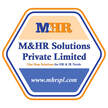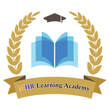|
H. Balakrishna is a senior HR Leader with about 33 years of meritorious experience in the field of HR, IR, Legal & Administrative in various Indian and MNC companies.
Presently, Balakrishna heading HR & IR Academy as CEO and providing HR & IR services for industries and training the HR Professionals on various aspects of HR, IR, Legal & Administration. He was formerly heading Human Resources Department at Wipro Infrastructure Engineering. Previously associated with KDDL Limited, Saint-Gobain Abrasives, ICL Sugars Limited, and Ralectronics Limited. TO READ THE FULL INTERVIEW OF
|
|
Interviewed by
Shekhar Ganagaluru HR Professional and Author
|
30,000 HR PROFESSIONALS ARE CONNECTED THROUGH OUR NIRATHANKA HR GROUPS.
YOU CAN ALSO JOIN AND PARTICIPATE IN OUR GROUP DISCUSSIONS
Leave a Reply.
Categories
All
Ajay M.S.
Aparna Devagiri
Chhavi Anand
Deepanjan Dey
Dinesh A.U.
Divya Srivastava
Dr. C.R. Chandrashekar
Dr. Debabrata Dash
Govindaraju N.S.
H. Balakrishna
HR Interview
Indranil Banerjee
Jacob Varghese
Jagannathan V
Kalpana B.G.
Leader's Talk
Madhukar Bhat
Maxi F Fernandes
Mohanraj S
Moideen Ibrahim
M.R. Nataraj
Nagabhushana K
Naga Siddharth
P. Narayana
Pooja Prabhakar
Prakash Shivanna
Prashanth B.K.
Prashanth G.B.
Questionnaire
Ravi Sathyakumar
Santhosh Rao
Seema Bangia
Vinay M.S.
Vishwanathan Babu
Archives
October 2023
August 2023
November 2022
October 2022
September 2022
August 2022
July 2022
June 2022
May 2022
April 2022
March 2022
February 2022
January 2022
December 2021
Leaders Talk
YOU CAN ALSO JOIN AND PARTICIPATE IN OUR GROUP DISCUSSIONS.
site map
SitePUBLICATIONSJob |
HR SERVICESOTHER SERVICESTraining |
POSHNGO & CSROur Other Website:subscribe |
YOU CAN ALSO JOIN AND PARTICIPATE IN OUR GROUP DISCUSSIONS.
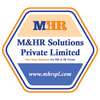
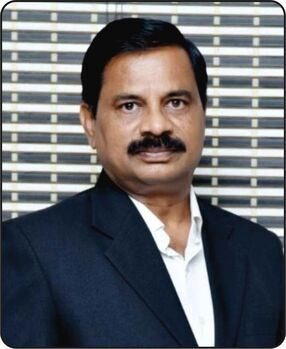








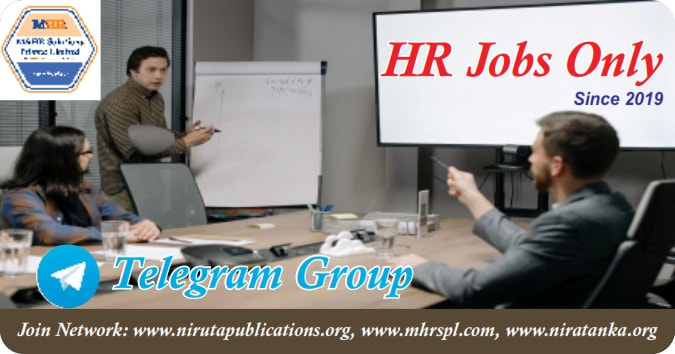

 RSS Feed
RSS Feed
